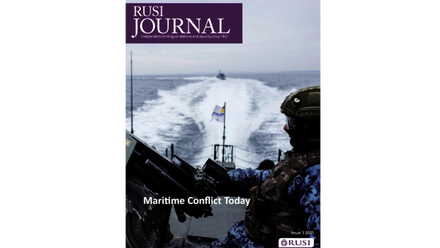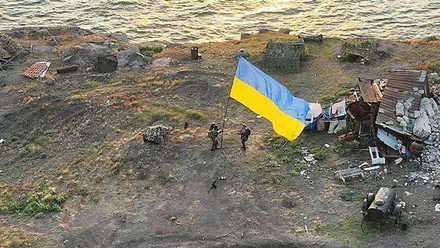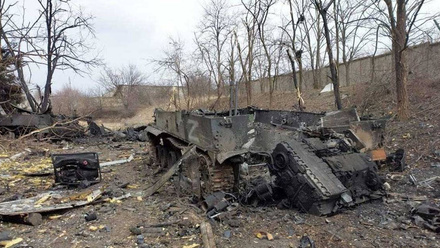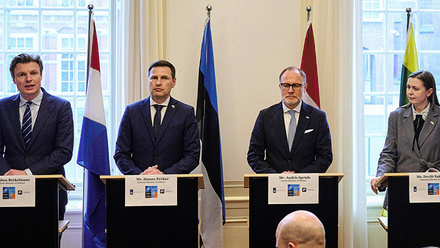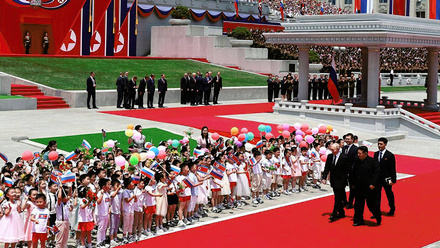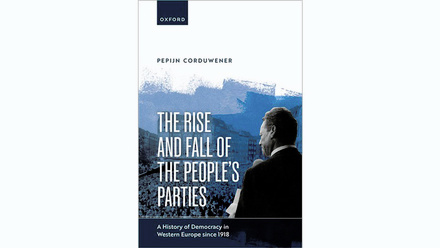Editor's Note
The Russia–Ukraine war unfortunately offers many opportunities to test assumptions about contemporary warfare and the relationship between operational and strategic aims. One aspect that received a lot of attention at the start of the conflict was the confrontation at sea, where the apparently far more powerful Russian navy seemed to suffer against the agility and effectiveness of the much smaller but innovative Ukrainian forces. Three years on, Alessio Patalano and Dan Hallett take stock of the development of the war in the maritime domain, and revisit some of the early assessments in light of the overall strategic aims of each side and the wider implications for maritime warfare. Innovation has of course also characterised the Ukrainian approach on land: Josiah Mosser explores the impact new technologies have on some of the staples of attritional warfare.
With another ongoing confrontation in the Middle East, much has been said about the intelligence failures in the face of the unprecedented attack against Israel on 7 October 2023: Clive Jones and Robert Geist Pinfold take a closer look at the factors that may have contributed to this failure, in a preliminary assessment of what may have gone wrong.
A large part of strategy is, of course, dedicated to avoiding military confrontation and balancing interests and expedience. This is especially true when countries are seeking new alliances while needing to maintain relations with difficult neighbours: Michael Hikari Cecire analyses the strategic considerations and culture at the heart of the balancing act required for Georgia, as it looks to the West while having to manage its restive Russian neighbour. But it is not the only small country with similar concerns: Kevin Blachford looks at defence cooperation among the Baltic states, and finds that it could be fruitful for them to work more closely together rather than competing for support from Western allies.
It is also important to understand how adversaries frame their narratives, as a way of better understanding the power that their rhetoric and policy may be heard and understood both by their own citizens and outside their national boundaries. North Korea is a particularly closed system, and it can therefore be more difficult to access and understand its discourse. Sang Hun Seok offers an analysis of recent speeches, media content and official documents to show how the North Korean leadership is using the concept of multipolarity to shape its own revisionist foreign policy.
Finally, it remains important to understand how past conflicts evolved: Tal Tovy provides a detailed historical analysis of the operational level of war, and in particular the role of the IDF Northern Command during the 1967 War.
Dr Emma De Angelis
Editor, RUSI Journal

